Lupine Publishers| Journal of Biostatistics & Biometrics
Abstract
In this paper we consider why the feeble minded may have difficulty with speech. Speech is an indicator of mental functioning. So is sight. However, the feeble minded seem to have no problem with sight but they do with hearing. It is important because these speech deficiencies provide a window into the functioning of the human mind and consciousness.
Keywords:Language; reaction Time; senses; soul energy; mind; consciousness
Introduction
I have been [provided the opportunity to observe those who are mentally challenged. They range from severe Autism, to Downs Syndrome, Retardation to brain damaged patients. Out of 8 patients, only 1 did not exhibit language difficulties, meaning that they had difficulty understanding the spoken word or being understood. In this paper, I want to attempt to put language difficulties on a numerical scale. I will consider language from the point of view of the philosophy of communication. We have previously seen that the senses, sight, hearing, taste, touch, and smell are vector that when added come to 1. Because we are considering only the hearing portion of the senses, we will use the previously determined value for hearing sounds. It is: Mind =π Consciousness has been determined to yield Euler’s Identity.
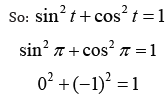
1=1 true! Therefore, consciousness equals the senses. Σ Senses=117.4=Mass of the periodic table of the elements. Π Senses=2.67 SF The input and output of the mind

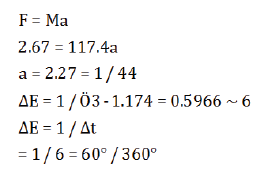
The mind and the soul meet at 1. The equation of the soul is
SE = t2- t -1=1
t = 2;-1
t=-1 is memory (going back in time.) It is physically impossible
to go back in time.
t=2 equals the Inductance of the Mental Inductor. L=2 Input into
the mind goes through the sense. The brain takes in stimulus and
responses, if cognisant to the signal to the level of consciousness,
and then producing an effect in the imagination or the intellect or
memory. Graphically, we have therefore: Univ.
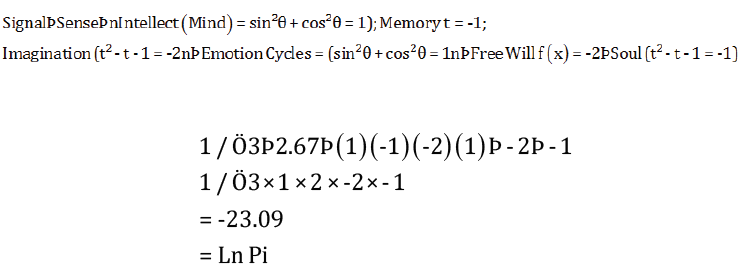
Impedance of an R-L-C circuit:
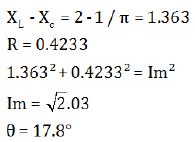
Im = 2 / 2.03 = 1.009 = Resistance of the senses H e a r i n g = Z=1.00⇒ Introspective = Hearing

x = y
2x2 = 1
x = 1 /Ö2
t2 - t -1 = 0
t = 2; - 1
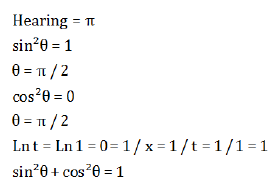
12+02 = 1 = Consciousness
Ln t = 1 / x
y = y’
tLn t = 1
t =1
E =1/ t =1/1=1
y = mx + b
E =m 1 +b
E = -1+ b
E = 1-b
ÄE = 0
b =1= e0 = e1
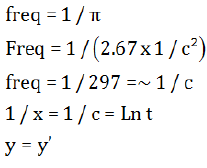
This means that the actual temporal properties of a signal -their onset times, their velocity in the system and hence their arrival times- must be controlled until such a discrimination is made. Otherwise, the information on which the discrimination must be based will be lost or obscured. [1] Individuals with language difficulties must therefore have a problem with there internal clock mechanism. It is true that hey do not have a sense of time either. It’s the same with Alzheimer’s patients.
Read More About Lupine Publishers Journal of Biostatistics & Biometrics Please Click on Below Link: https://lupine-publishers-biostatistics.blogspot.com/

No comments:
Post a Comment
Note: only a member of this blog may post a comment.